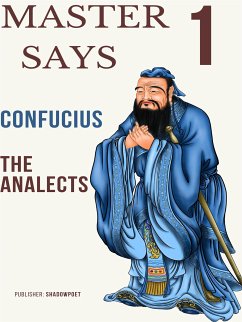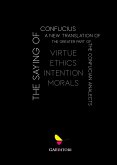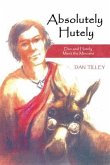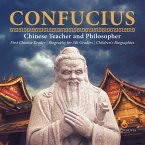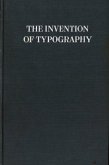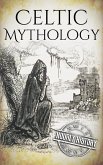CONFUCIUS
The Master said: "Isn't it nice to learn with constant perseverance and practice?
"Is it not pleasant to have friends from afar?
"Is he not a man of complete virtue, who feels no discomfort even if people do not pay attention to him?"
Philosopher Yu said: "Few are those who like to offend their superiors because they are sons and brothers. There has never been anyone who did not like to offend his superiors, who liked to create confusion.
"The superior man directs his attention to the radical. Once this is established, all practical lessons develop naturally. Is not filial piety and fraternal submission the root of all benevolent actions?"
The Master said, "Fine words and an insinuating appearance are seldom associated with true virtue."
The philosopher Tsang said, "I daily examine myself on three points:- whether, in transacting business for others, I may have been not faithful;- whether, in intercourse with friends, I may have been not sincere;-whether I may have not mastered and practiced the instructions of my teacher."
The Master said, "To rule a country of a thousand chariots, there must be reverent attention to business, and sincerity; economy in expenditure, and love for men; and the employment of the people at the proper seasons."
The Master said: "A youth should be filial when at home and respectful to his elders when out and about. He should be serious and honest. He should overflow with love for everyone and cultivate the friendship of the good. When he has time and opportunity, he should do these things, and then use them in the work of kindness."
Tsze-hsia said: "If a man withdraws his mind from the love of beauty and applies it with the same sincerity to the love of the virtuous; if he can do his best in serving his parents; if he can devote his life to serving his prince; if his words are sincere in his dealings with his friends: -although people say that he has not learnt, I will say that he has certainly learnt.
The Master said: "Isn't it nice to learn with constant perseverance and practice?
"Is it not pleasant to have friends from afar?
"Is he not a man of complete virtue, who feels no discomfort even if people do not pay attention to him?"
Philosopher Yu said: "Few are those who like to offend their superiors because they are sons and brothers. There has never been anyone who did not like to offend his superiors, who liked to create confusion.
"The superior man directs his attention to the radical. Once this is established, all practical lessons develop naturally. Is not filial piety and fraternal submission the root of all benevolent actions?"
The Master said, "Fine words and an insinuating appearance are seldom associated with true virtue."
The philosopher Tsang said, "I daily examine myself on three points:- whether, in transacting business for others, I may have been not faithful;- whether, in intercourse with friends, I may have been not sincere;-whether I may have not mastered and practiced the instructions of my teacher."
The Master said, "To rule a country of a thousand chariots, there must be reverent attention to business, and sincerity; economy in expenditure, and love for men; and the employment of the people at the proper seasons."
The Master said: "A youth should be filial when at home and respectful to his elders when out and about. He should be serious and honest. He should overflow with love for everyone and cultivate the friendship of the good. When he has time and opportunity, he should do these things, and then use them in the work of kindness."
Tsze-hsia said: "If a man withdraws his mind from the love of beauty and applies it with the same sincerity to the love of the virtuous; if he can do his best in serving his parents; if he can devote his life to serving his prince; if his words are sincere in his dealings with his friends: -although people say that he has not learnt, I will say that he has certainly learnt.

